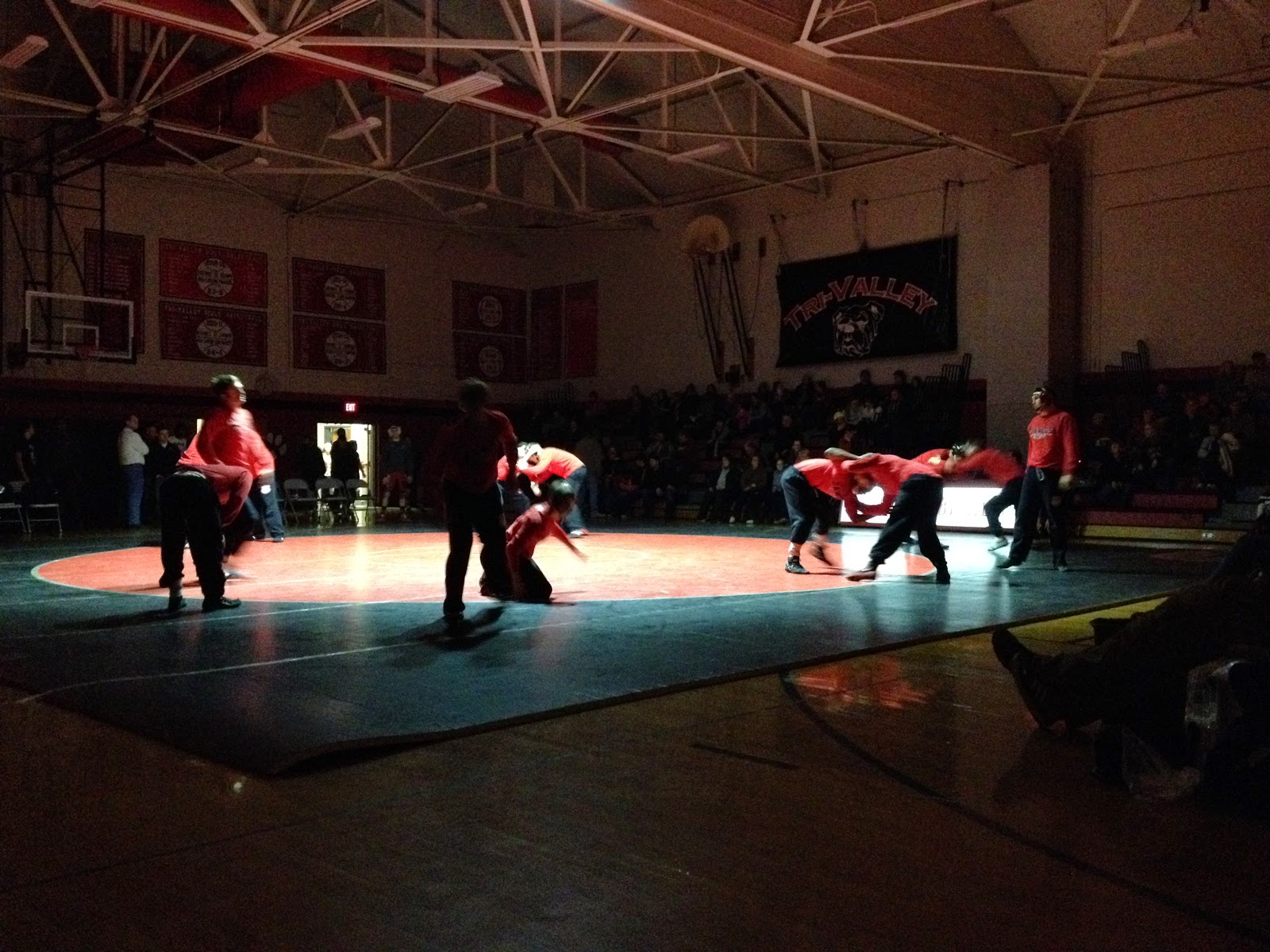So it's now the end of week seven, can't believe I'm practically halfway through student teaching already. This is the first week in a very long time where I've actually had five full regular school days yet I feel like this week has flown by faster than any other. This week was national FFA week so the hallways this week were filled with wonderfully bright yellow signs attached to each FFA member's locker, which with a chapter of over 120 members makes for a great view as you travel the hallways.

This past week has also been my first full week co-teaching the electrical wiring class with Mrs. D, which has been a great learning experience and confidence booster for me. While parts of the shop still scare me., I do at least feel pretty confident in my electrical wiring knowledge and in helping the students figure out how to properly wire parallel and series circuits. It’s nice to know I can pick up things at least a day ahead of them.
 |
| Traditional & Modern forms of Candling Eggs |
 |
| My boys showing Dr. Foster how they do it |
 |
| DDF12's snippets of Tri-Valley |
The remainder of the week just flew by, between exams and quizzes in a few classes and taking advantage of the opportunity to check out another program down in Lancaster one day after school, by the time Friday rolled around, none of could keep track of what day or period it was. The school day has become much busier now, with me beginning and ending every day teaching a class since I just picked up my 8th period Ag Science I class where we are completing our safety tests before we move out into the Wood Shop to begin our tool-box project.
And now it’s Friday. The day I would normally not rush home after school because I know I can sleep in the next day, but not this week. Tonight, to culminate National FFA Week, Line Mountain, one of my neighboring high schools, is hosting an FFA Ice Cream Social which some of my FFA Officers are attending, so I may swing by to check out the school and hang out with my officers. I also get to spend a long Saturday with them tomorrow as we will be taking a group on a long journey down to Delaware Valley College for the CDE Practice Event hosted by the DVC Collegiate FFA Chapter. I’m looking forward to another Saturday with my kids and also some CDE time, as that was always one of my favorite parts of FFA.
So I’ve just spent time after school today completely rearranging the classroom per Dr. Foster’s advice, so we’ll see how my students react when they come back Monday. It’s going to be an adjustment for sure but I think it might work out really well with the new pod set-up and if not, I can always change it again next week! Looking forward to another busy FFA weekend and the start of Week 8!
 |
| New Set-up! So much room for activities! |
















